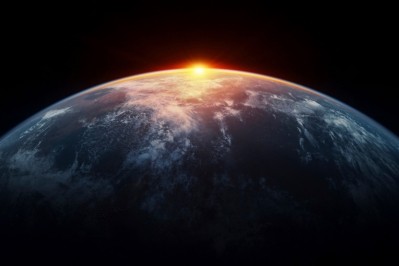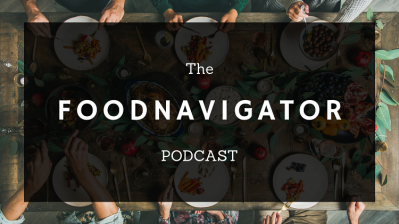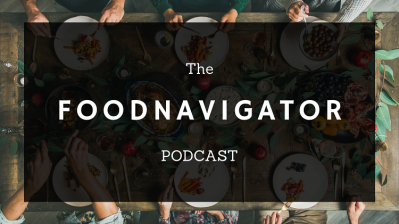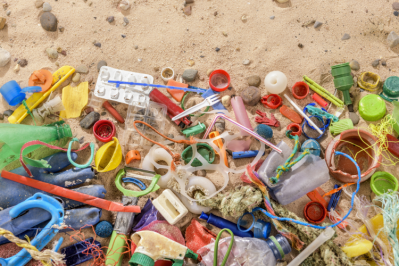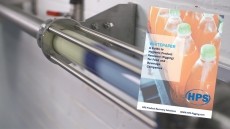The FoodNavigator Podcast: What needs to be done to tackle plastic pollution in food and beverages?
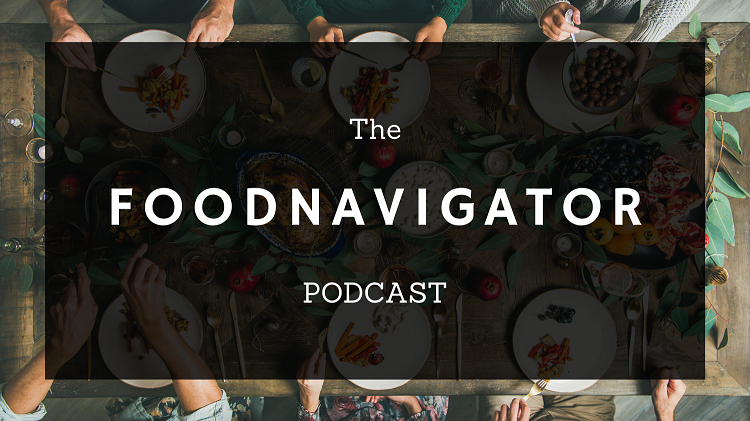
In the food and beverage space plastic is a cheap, functional and convenient material that keeps our food safe and prevents spoilage. But the problem is, most of the plastic ever made still exists.
“Plastic is versatile is inexpensive is durable it protects food. It's fantastic. But we didn’t think the end of life through so the world now has a big problem with plastic waste,” Director of Sustainability at The Consumer Goods Forum (CGF), Ignacio Gavilan, told us.
The amount of plastic in the ocean is expected to double in the next 15 years and by 2050 - if trends continue - there could be more plastic in the ocean than fish. The reach of plastic pollution also goes deep into our soils and groundwater. Plastic particles are now ubiquitous pollutants in the living environment and food chain.
It is clear that consumers, regulators and the industry all want action on our plastics problem. So, what role can the food and beverage sector play in finding a solution? What is already being done and what roadblocks stand in the way of progress?
“Beating this problem will need action at every level,” Gavilan believes. “A circular economy for plastics is built on the principles of resource efficiency, prevention of waste and pollution, and low carbon footprint. Achieving this for plastics will require committed work to eliminate all problematic and unnecessary plastic items, to innovate to ensure the plastics we do need are better – reusable, recyclable, or compostable – and keep all the plastic items we use in the economy out of the environment… It is a big systemic change.”
We investigate what this transformation towards a circular economy for plastic could look like in the latest edition of The FoodNavigator Podcast.
